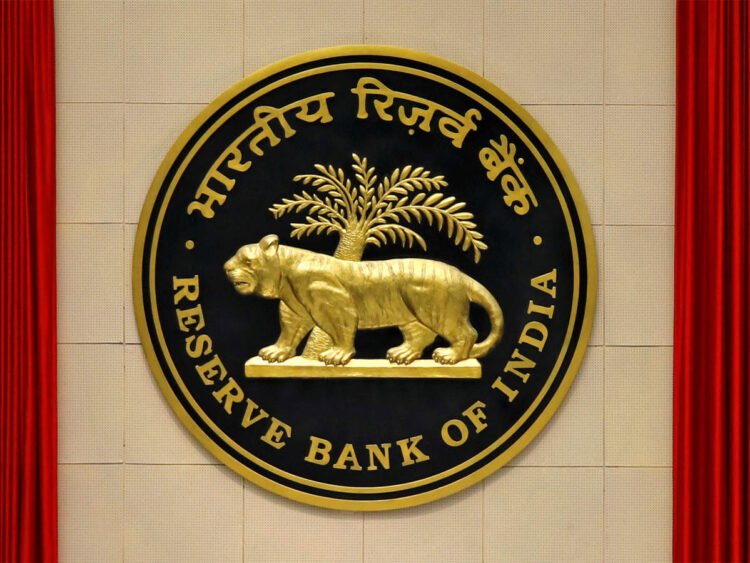New Appointees to Join Upcoming Monetary Policy Committee Meeting on October 7
NEW DELHI (ECONOMY INDIA): The Government of India has finalized the names of the new external members for the Monetary Policy Committee (MPC). The Finance Ministry is expected to officially announce the names on Tuesday. The upcoming three-day MPC meeting, commencing on October 7, will be conducted with the newly appointed external members, marking a fresh beginning for the committee’s decision-making.
New Members to Replace Outgoing Panelists
The tenure of three external members—Ashima Goyal, Shashanka Bhide, and Jayanth Varma—will conclude on October 4, making it essential for the new members to join before the upcoming policy review. The MPC is a six-member body, consisting of three members from the Reserve Bank of India (RBI) and three external members appointed by the government. The RBI Governor, who heads the committee, plays a crucial role in casting a deciding vote if there is a tie.
During a recent event, RBI Governor Shaktikanta Das confirmed the timely appointment of new members, stating, “The appointment of new external members will be concluded before the next MPC meeting on October 7.” He reiterated the significance of ensuring a smooth transition, enabling the committee to operate without any interruptions.
Key Role of MPC in Shaping Monetary Policy
The MPC is responsible for determining interest rates and other monetary policies that influence the country’s economic stability. Each member casts a vote on decisions, and in the case of a tie, the RBI Governor’s vote becomes decisive. The committee’s recommendations and decisions are published along with voting details, reflecting the stance of each member.

A Fresh Perspective on Monetary Policy
The appointment of new external members comes at a crucial time when the economy is grappling with inflationary pressures and the need for sustained growth. The inclusion of fresh voices and expertise is expected to provide new insights and enhance the robustness of the decision-making process. The new appointees will have an opportunity to influence key economic policies that impact interest rates, lending norms, and overall financial stability.
This change signifies the government’s continued commitment to maintaining transparency and efficiency in monetary policymaking. The upcoming meeting is expected to set the tone for the country’s financial policies in the near future.
(Economy India)



